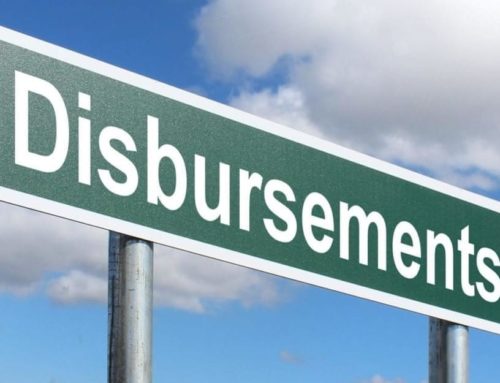You’ll no doubt be aware that the Chancellor delivered his Summer Budget at the start of July. George Osborne laid out a Budget to inspire confidence in British business, with measures intended to inspire investment, growth and an overall boost to the economy.
You can read the full Budget document here, but we think the big news for business owners is the change to the dividend taxes.
How has the dividend tax system changed?
Previously, the system allowed you to benefit from a 10% dividend tax credit, which was a straightforward way to reduce the amount of tax you paid on your income from shares.
This has been replaced with a new tax on dividends that basic rate taxpayers will be subject to. From April 2016, you’ll have a tax-free dividend allowance of £5,000. Any dividend payments above that £5k allowance will be taxed at three different rates, depending on your tax coding:
- 7.5% for basic rate taxpayers
- 32.5% for higher rate taxpayers
- 38.1% for the highest rate taxpayers
Providing an incentive for small investors
So, why has the Government brought in this change? As part of this drive to instil confidence in British business, the aim of this dividend tax reform is to encourage smaller investors to start putting their money into cash-strapped UK companies.
By creating this £5k allowance, the Chancellor is allowing small-scale investment by investors to be tax-free – creating an incentive to put your money into business and start boosting the economy as a whole.
Change was also needed to make the system simpler and to create a straightforward way to benefit small shareholders.
The impact for bigger investors and company shareholders
While small investors will have a great platform for getting into the shares market, it’s thought that around 15% of shareholders with bigger dividend incomes will be negatively affected by these changes.
If your dividends go over that £5k allowance, you’ll end up paying more in tax than under the old system. So for company shareholders, directors and the like, this dividend tax reform doesn’t look quite so rosy!
So, if you fall into this band, what should you do?
Planning your dividends and tax carefully
As always, the key to minimising the impact of these changes is to plan ahead. By thinking carefully about the way you invest and the way you receive your dividend payments, it’s possible to lessen the impact.
- Use your tax-free allowance to the maximum – make sure you’re making the most of that £5k tax-free allowance and your personal tax allowance. If you’re married, or in a civil partnership, you can spread that income across both allowances.
- Think about tax-free savings, like an ISA – you can shelter some of your investments in a tax-free ISA, up to £15,240 in this current tax year.
- Consider a self-invested personal pension (SIPP) – if you’re nearing retirement, a SIPP could be a sound move, as these are also a good tax-free alternative up to £40k of investment.
Are you affected by these changes?
If you think your dividend income will be affected by these changes, it’s always advisable to get professional advice.
At Stubbs Parkin, we have years of experience in dealing with personal tax planning and business advice for directors, shareholders and investors. We’ll listen to your queries, get a handle on your personal and business situation and will come up with a tax strategy that helps you get the absolute most from your investments.
Get in touch to talk about the changes to dividend tax.






